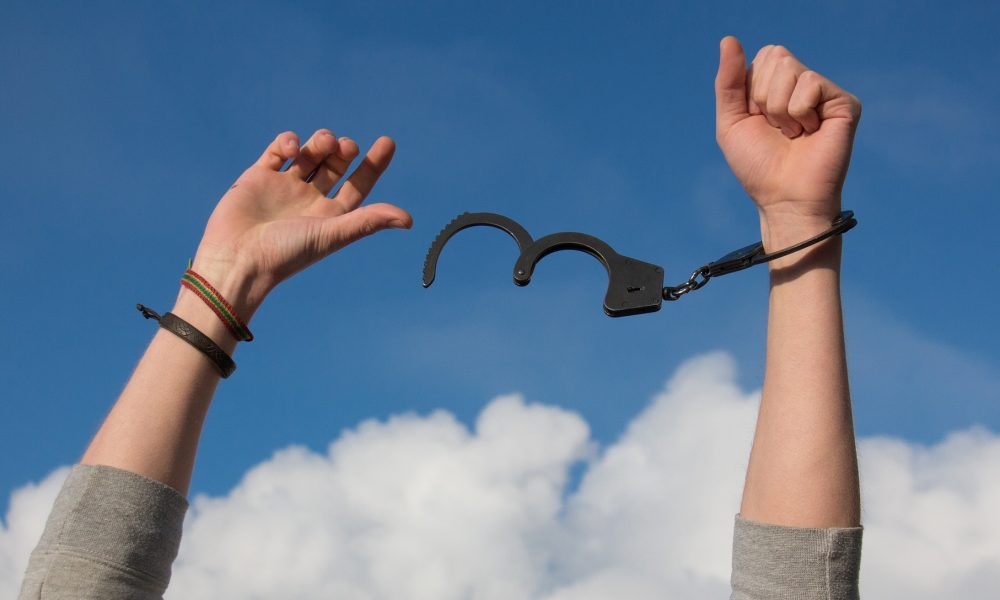“Decriminalization alone does not address the issue that drug users will still need to access an unregulated and deadly drug supply.”
By Doug Johnson, Filter
British Columbia has officially become the first province in Canada to decriminalize possession of small quantities of opioids, cocaine, methamphetamine and MDMA. The three-year pilot period—based on an exemption from the federal Controlled Drugs and Substances Act—runs from January 31, 2023 to January 31, 2026.
People aged 18 and over should now no longer be arrested, charged or have their drugs taken away by police, so long as they’re carrying a cumulative total of no more than 2.5 grams of those four substance types.
The move has been praised by some groups in Canada, including the federal New Democratic Party, whose provincial counterpart holds power in BC.
“Decriminalizing people who use drugs is a critical step in the province’s fight against the toxic drug crisis,” read an email to Filter from the provincial government. “The goal of decriminalization is to help break down stigma—the fear and shame associated with drug use—so more people will feel comfortable reaching out for life-saving supports.”
The email stated that, in line with the policy, police officers will now offer people found with drugs a resource card that contains information about various supports, including substance use treatment services.
Join Jennifer Whiteside, BC Minister of Mental Health and Addictions; Carolyn Bennett, federal Minister for Mental Health and Addictions; and Dr. Bonnie Henry, Provincial Health Officer, for an update about the implementation of drug decriminalization. https://t.co/1zb9Ss6z2F
— BC Government News (@BCGovNews) January 30, 2023
But the policy has also been greeted with substantial skepticism and objections—and not just from people and political parties who are against decriminalization per se.
For a long time, harm reductionists and groups of people who use drugs have criticized the development and structure of BC’s decriminalization model. And now that it’s taken effect, the Vancouver Area Network of Drug Users (VANDU) is among those planning to watch closely how it plays out in practice.
Filter has previously covered numerous issues raised with the plan. The threshold of 2.5 grams is simply too low to reflect the quantities that many people will carry—a consequence, advocates note, of giving police a major say in the decision but not people who use drugs. Decriminalization will apply to four drug types, but not others—like unregulated benzodiazepines, for example, despite the prevalence of “benzodope.” The exclusion of youth from the policy, the notion of police giving health referrals, and the potential for police to simply disregard the policy are among other concerns.
Dave Hamm, a VANDU board member, told Filter that the low threshold—considering how people go out to buy larger amounts to get a price break, or to limit the number of purchases they make—could result in people being criminalized more than before, if police increasingly target people who exceed the limit.
“So, we’re just telling people to be careful,” Hamm said.
He does not believe that the provincial government will raise the threshold during the three-year period, despite VANDU’s and other harm reduction organizations’ urging. So besides monitoring the situation on the ground, the group is taking steps to help people navigate the policy as it now stands.
VANDU will be handing out fact-cards to both its own community members and the general public. They’ll present information about decriminalization, such as the threshold and drugs covered, as well as warning what is still considered illegal under BC’s model (such as possessing drugs if you’re under 18, or selling drugs).
The Drug User Liberation Front (DULF) meanwhile announced in a January 31 press release that it will continue to operate its unsanctioned compassion club as decriminalization begins, and as overdose deaths continue to rise in BC. The group provides small quantities of tested cocaine, heroin and methamphetamine to community members in Vancouver.
“Decriminalization alone does not address the issue that drug users will still need to access an unregulated and deadly drug supply,” DULF cofounder Jeremy Kalicum said in the release. “Step up and address this issue or allow us access to the resources and funds to do it ourselves.”
The provincial government says it will also be closely watching implementation. “Together, the federal and provincial governments will be working closely to evaluate and monitor decriminalization to address any unintended consequences and ensure that people are not being recriminalized,” stated its email to Filter.
Vince Tao, a community organizer with VANDU, said that some police officers in BC will receive training on decriminalization. But he noted that this training currently takes the form of a mere 45-minute course. Local publication Vancouver Is Awesome reported that in nearby Abbotsford, BC, all 240 officers will have undergone a course on decriminalization, which is “the equivalent of a 45-minute webinar and explains the reason for the federal exemption, the purpose of the information [referral] cards and limitations of officers.”
Tao cautioned that while policy may change at the “top level,” how it actually rolls out and impacts people who use drugs remains to be seen. That’s why VANDU and others will be keeping tabs—particularly on the actions of BC police under the new regime.
“I mean, we have to always keep an eye on these things, right?” he told Filter. “The next three years are going to be us actually fighting for some accountability from the police and from the government.”
This article was originally published by Filter, an online magazine covering drug use, drug policy and human rights through a harm reduction lens. Follow Filter on Facebook or Twitter, or sign up for its newsletter.
Read the full article here


